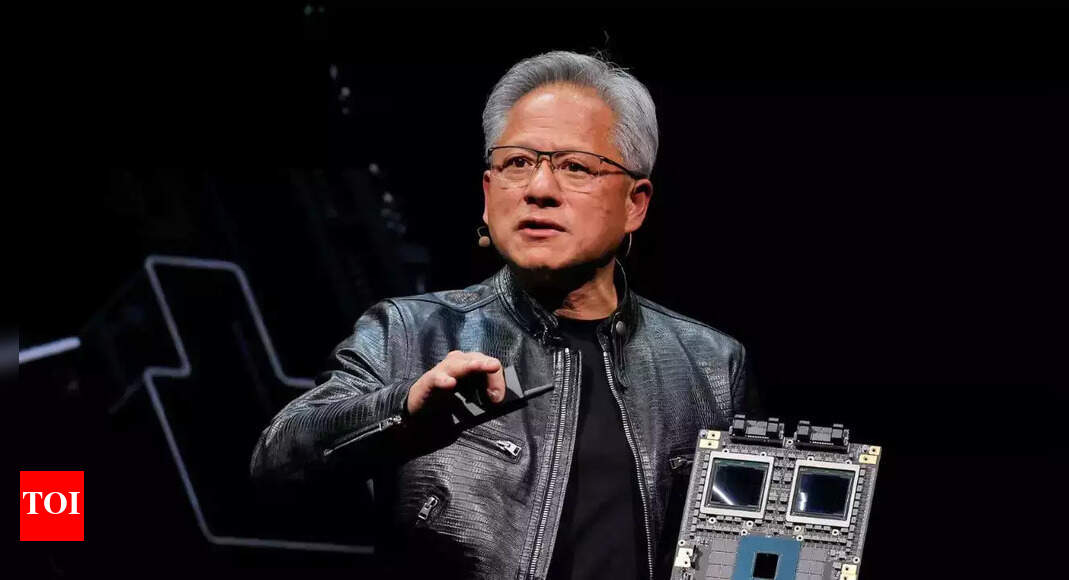The US government has placed new export restrictions on Nvidia’s H20 AI chips, requiring the company to obtain a license before shipping them to China. The move, announced on April 9, is part of Washington’s broader effort to limit China’s access to advanced AI technology.
Why the Nvidia H20 Chip is under scrutiny
The H20 chip is Nvidia’s most advanced AI processor currently available in China, designed to comply with previous US export restrictions. However, officials have raised concerns that the chip could be used in Chinese supercomputers, potentially aiding military applications. The Commerce Department cited national security risks as the reason for the licensing requirement.
Financial impact on Nvidia
Nvidia anticipates a $5.5 billion charge in its Q1 2026 fiscal year due to the restrictions. The company’s stock dropped 6% in extended trading following the announcement. Despite the setback, Nvidia has committed to investing in AI data centers in the US, a move seen as an effort to ease tensions with regulators.
Background on the Nvidia H20 chip restrictions
The H20 chip, Nvidia’s most advanced AI processor legally available in China under US export controls, had been at the center of a months-long debate. The Trump administration had been considering tightening restrictions on the chip’s export to Chinese companies, citing national security concerns. The proposed crackdown, which was ready to be implemented this week, would have significantly impacted Nvidia’s business in China, where demand for the H20 chip has surged.
China’s AI ambitions and US policy
Chinese AI firms, including DeepSeek, have reportedly used the H20 chip to develop advanced reasoning models, raising concerns in Washington about China’s AI capabilities. The US has been tightening export controls on AI chips since 2022, with Nvidia previously modifying its products to comply with evolving regulations.


